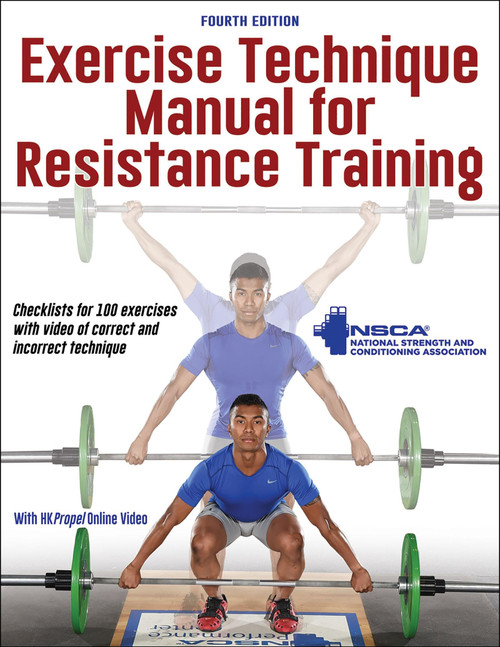Written by four internationally recognized experts, this practical guide is packed with innovative ideas for prescribing safe, effective exercise programs that patients will enjoy! Because the activities are more fun than traditional programs, patients are more likely to make a long-term commitment to exercisea step that can
- reduce risk factors,
- increase functional capacity,
- improve psychosocial well-being,
- help alleviate depression,
- increase longevity,
- relieve symptoms,
- promote greater self-efficacy, and
- improve overall quality of life.
Training Techniques in Cardiac Rehabilitation provides in-depth information to help practitioners make informed decisions about the broad scope of nontraditional programs currently available for an increasing variety of cardiac patients.
Drawing on extensive research and vast personal experience in program implementation and benefits, the authors provide a variety of rehabilitation alternatives and a clear explanation of how, when, where, and why to use each.
Chapter 1 presents an overview of current knowledge about exercise prescription for cardiac patients, including absolute contraindications for exercise, questionable cases, basic principles of assessment and prescription, the effects of specific drugs on a patient's capacity for exercise, how to increase adherence, and results to expect.
The following three chapters focus on less traditional exercise programs. Chapter 2 explores various resistive training methods, including calisthenics, elastic bands and free weights, and machine-based exercises. Sound guidelines show practitioners how to develop programs to meet each patient's specific needs.
Chapter 3 provides extensive information on the safety issues and underlying principles of aquatic exercise prescription. It presents all the information practitioners need to prescribe safe, appropriate aquatic activity programs, and discusses specific aquatic exercises such as water walking, water aerobics, swimming, water volleyball, and inner tube games.
Chapter 4 presents games and activities designed for pairs or groups. These activities offer cardiac patients entertaining ways to strengthen muscles, increase aerobic conditioning, and enhance flexibility. The chapter describes 11 continuous movement activities, 18 exercises, and 8 games, and it explains the rehabilitative benefits of each activity.
All of the exercises in Training Techniques in Cardiac Rehabilitation are consistent with AACVPR guidelines. The authors include extensive discussions of safety issues and contraindications for each type of exercise program. Plus, photographs and drawings throughout the book illustrate proper techniques and positions for the exercises and games.
With these comprehensive, diversified programs, practitioners will be able to identify the safest, most effective way to help each patient.










